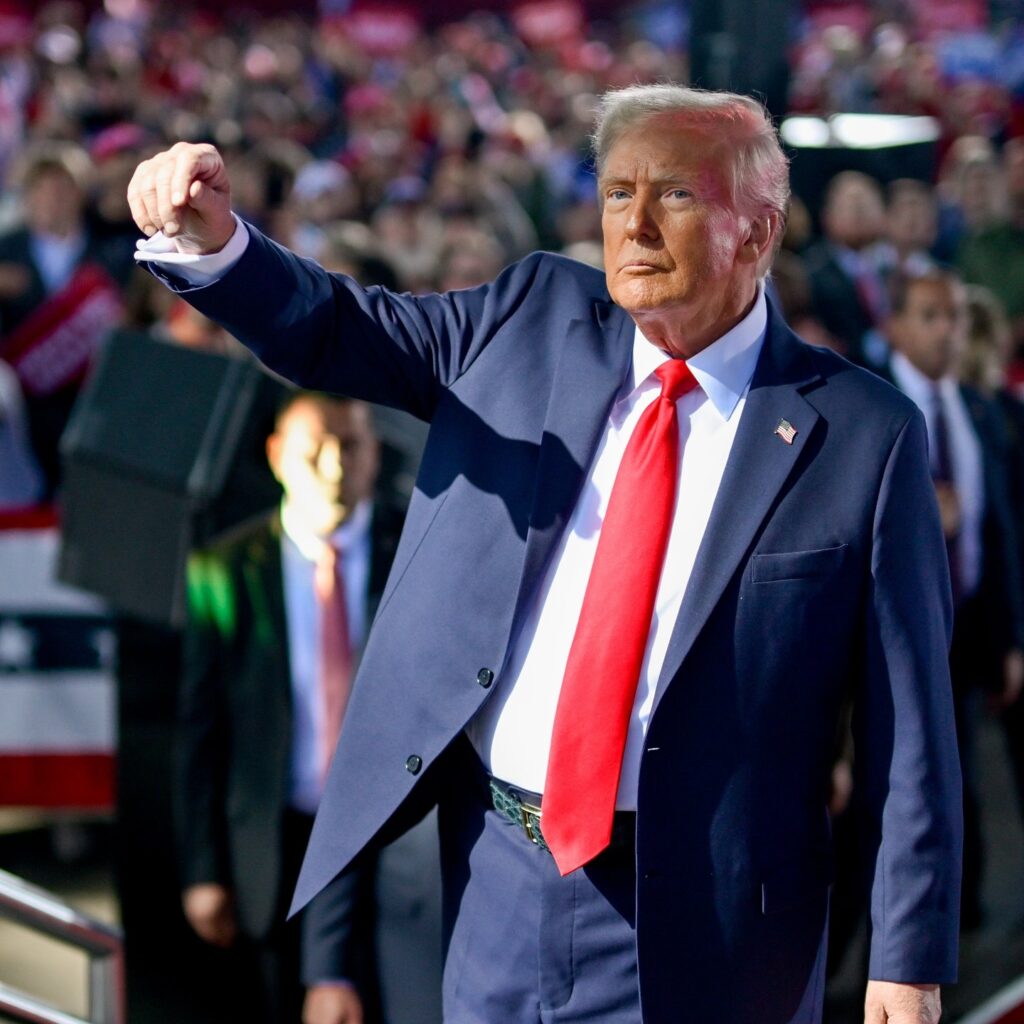Former President Donald Trump has sparked controversy once again after suggesting that the Federal Communications Commission (FCC) should consider revoking the licenses of broadcasters that, in his view, give him “bad publicity.”

Trump’s Remarks
Speaking at a campaign-style event on Monday, Trump criticized what he called “biased media coverage” and claimed that certain networks deliberately misrepresent him to damage his reputation.
“When the media lies, when they constantly push fake stories about me, there should be consequences. Maybe the FCC should look at their licenses,” Trump told supporters.
His comments were met with loud applause from the audience but drew swift backlash from media watchdogs and free speech advocates.
Legal and Political Pushback
Experts note that revoking broadcast licenses over critical coverage would likely face serious First Amendment challenges, as the U.S. Constitution protects freedom of the press. The FCC itself operates independently and traditionally does not intervene in content-based disputes.
Civil liberties groups condemned Trump’s remarks, warning that such rhetoric undermines democratic principles.
- The American Civil Liberties Union (ACLU) said in a statement: “Threatening to punish media outlets for unfavorable coverage is authoritarian behavior, not democratic leadership.”
A Familiar Battle With the Press
Trump has long had a contentious relationship with the media, often labeling mainstream outlets as “fake news” and “enemies of the people.” His latest comments echo similar criticisms he made during his presidency, when he frequently threatened networks with government scrutiny.
Looking Ahead
With Trump actively campaigning and dominating political headlines, analysts expect his attacks on the press to remain a central theme. However, constitutional scholars stress that any attempt to weaponize the FCC against broadcasters would likely be struck down in court.
